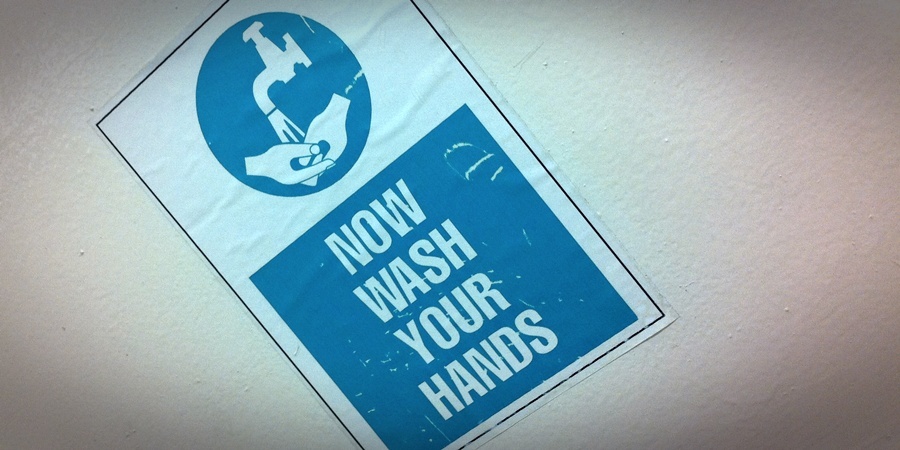Something as simple as washing your hands could save you from illness, an NHS Tayside specialist has said.
With more people out and about in summer, hand hygiene co-ordinator Margaret Kennedy is keen to ensure they minimise the risk of picking up germs.
She said, “The most common way germs are spread is by people’s hands. Germs are often harmless but they can also cause illnesses such as colds, flu, and tummy bugs.
“This is because germs like the cold and flu virus live on the skin and are transferred to other people, door handles, etc by touching.
“Once these bacteria and viruses are on the surface, they can live there for up to 24 hours and so can easily be transferred on again to another person.”
Washing hands properly with soap and warm water is the single most important thing people can do to help reduce the spread of infections and protect themselves and their families.
Margaret said, “As summer is now upon us and adults and children are more involved in outdoor pursuits and playing outside, we are promoting the message that hand hygiene is important no matter what you’re doing.
“It takes at least 15 seconds to wash your hands properly. You should make sure to use soap and water when doing so and to get in between your fingers and thumbs.
“It is also important to encourage children to wash their hands by showing them how to do it, and by setting them a good example as this will become a lifelong habit for them.”
NHS Tayside is particularly keen to remind people visiting someone in hospital of the need to wash their hands before and after being in the ward, or before touching a sick or injured person. Other risks include touching animals or animal waste and changing nappies.
Margaret added, “If you’re out and hand-washing facilities are not available then it’s a good idea to use baby wipes. People should be aware that if hands are dirty hand gels will not clean them, so by carrying wipes you will have an alternative.
“Children should also try to avoid putting their hands in their mouths as best they can as this increases the chance of infection.”
